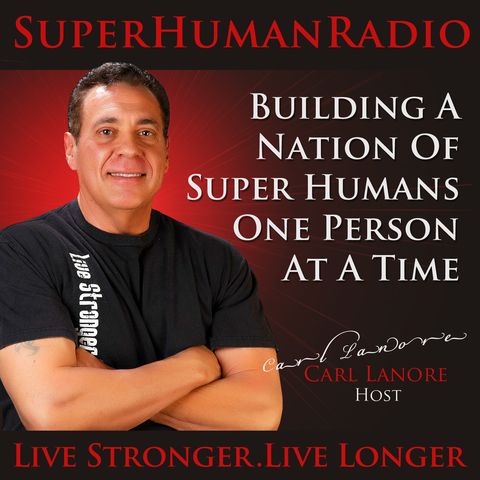Study Shows Dairy Cows Contribute Little to Greenhouse Gases But Provides Protein and Minerals to Hundreds Of Millions of People + Oxytocin
Oct 27, 2020 ·
1h 27m 45s

Download and listen anywhere
Download your favorite episodes and enjoy them, wherever you are! Sign up or log in now to access offline listening.
Description
SHR # 2610 :: Study Shows Dairy Cows Contribute Little to Greenhouse Gases But Provides Protein and Minerals to Hundreds Of Millions of People + Oxytocin and Osteoporosis - Dr....
show more
SHR # 2610 :: Study Shows Dairy Cows Contribute Little to Greenhouse Gases But Provides Protein and Minerals to Hundreds Of Millions of People + Oxytocin and Osteoporosis - Dr. Robin White Ph.D. - Prof. Rita Cássia Menegati Dornelles MSc, PhD - Research in the Journal of Dairy Science® examines the potential impact of various animal removal assumptions on the environment and nutritional supplies. The US dairy industry contributes roughly 1.58% of the total US greenhouse gas emissions; however, it also supplies the protein requirements of 169 million people, calcium requirements of 254 million people, and energy requirements of 71.2 million people. A suggested solution to increasing food production worldwide while reducing greenhouse gas emissions has been to eliminate or reduce animal production in favor of plant production. In an article appearing in the Journal of Dairy Science, scientists from Virginia Tech and the US Dairy Forage Research Center studied the effects of dairy product removal on greenhouse gas emissions and nutrient availability in US diets under various removal scenarios. PLUS As part of an ongoing series of interviews abut this wonderful peptide Oxytocin we explore its role in the development and reversal of osteoporosis. Oxytocin, produced by the hypothalamus and sometimes known as the "love hormone" for its involvement in pair bonding and orgasm, can be a strong ally in the control and prevention of osteoporosis, according to a study by scientists at São Paulo State University (UNESP) in Brazil. The study showed that when administered to female rats at the end of their fertile period, the hormone reversed precursors of osteoporosis, such as reduced bone density, decreased bone strength and a lack of substances that promote bone formation.
show less
Information
| Author | Super Human Radio |
| Organization | Super Human Radio |
| Website | - |
| Tags |
Copyright 2024 - Spreaker Inc. an iHeartMedia Company
